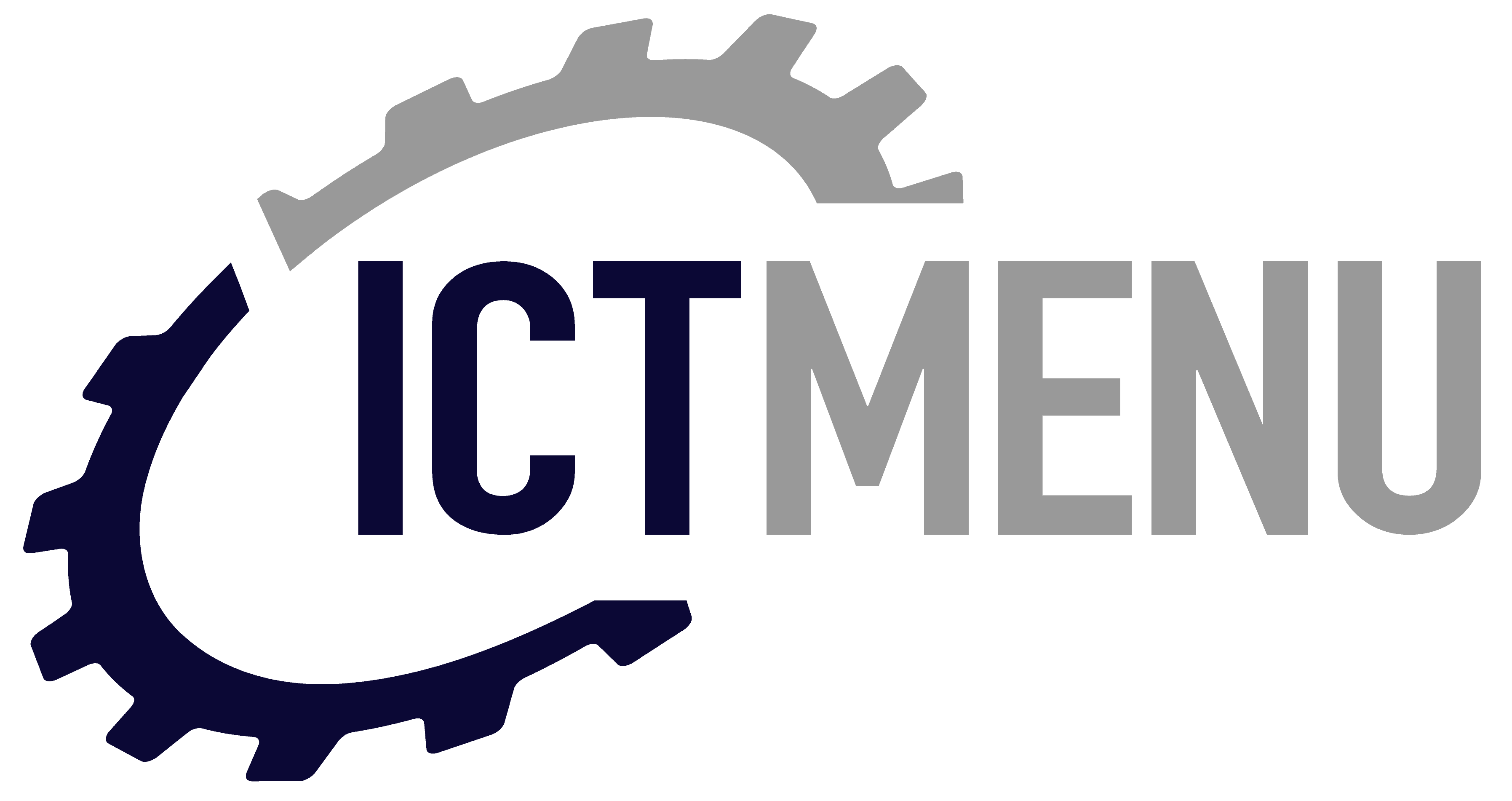Gitea is a powerful forge software package offering self-hosted Git management, ideal for developers seeking control over collaboration tools. With features such as bug tracking, code review, and continuous integration, Gitea supports efficient project management across platforms like Linux, macOS, and Windows. This open-source solution enables version control, fostering community-driven development. By exploring Gitea, you’ll discover how it optimizes software development through version control systems. Read on to learn how Gitea can enhance your coding projects.
Gitea Features
Gitea offers a comprehensive suite of features that make it an exceptional choice for managing software development. As a self-hosted Git service, Gitea simplifies the development process through efficient code management, collaborative tools, and seamless integration with continuous integration and delivery (CI/CD) pipelines.
Efficient code management is at the heart of Gitea’s offerings, leveraging Git’s powerful version control system. This allows developers to track changes, branch out features, and maintain a robust history of their project’s evolution. Gitea’s user-friendly interface ensures that both seasoned professionals and newcomers can navigate and utilize its tools effectively.
Collaborative tools within Gitea, such as pull requests and code reviews, enhance teamwork by fostering communication and feedback directly within the platform. Pull requests allow for smooth integration of code from different contributors, while the code review feature enables the detection of issues and suggestions before any code is merged into the main branch.
Integrated bug tracking provides a streamlined mechanism for issue management. Developers can create, assign, and track bugs or features all within the Gitea environment, ensuring that issues are resolved efficiently and systematically.
Gitea proves to be an ideal choice for both large teams and solo developers who seek comprehensive control over their development workflows. With its extensive feature set, Gitea not only supports the technical aspects of development but also encourages collaboration and efficiency. To harness these capabilities in your projects, understanding how to set up Gitea is the crucial next step.
Setting Up Gitea
Gitea streamlines the process of setting up your own self-hosted Git service, providing a user-friendly and efficient way to enhance collaborative development. Starting from the previous chapter’s insights into Gitea’s robust features, let’s now delve into setting it up on your desired platform. Begin by downloading and installing Gitea, which offers compatibility across various operating systems such as Linux, Windows, and macOS. Whether you’re a seasoned IT professional or a tech enthusiast, the simplicity of its installation process will undoubtedly appeal.
Once installed, configuring your Gitea instance is pivotal for optimal performance. Tailor the settings to suit your specific needs, ensuring efficient resource allocation and secure operations. Adjust repository permissions, set up notifications, and configure integrations with third-party tools to enhance functionality. By connecting your repositories, you can effortlessly manage projects and streamline access controls, facilitating a secure and collaborative development environment.
Managing repositories within Gitea allows customization of access controls, ensuring that only the right team members have access to the appropriate resources. This level of autonomy not only enhances security but also gives you control over your development process.
Achieving autonomy and security is a fundamental benefit of managing your self-hosted Git service with Gitea. It empowers you to maintain and control digital projects with confidence. As we transition into the next chapter on Gitea’s community-driven development, understanding these setup strategies lays a solid foundation for exploring how Gitea continues to evolve and grow through its active user community.
Gitea’s Community-Driven Development
Gitea thrives on its strong community foundation, driving its evolution and capabilities. This community-centric approach allows Gitea to benefit from rapid updates and features crafted by and for its users. Community contributions are integral, enabling quick integration of enhancements that cater to actual user needs, such as custom integrations or streamlined workflow improvements tailored to the most current development environments. By engaging with this active user and developer base, individuals can tap into a wealth of shared knowledge and support, ensuring that any technical barriers are swiftly addressed.
One of the primary advantages of Gitea’s community-driven development is its agility in rolling out updates and features. With numerous volunteers collaboratively working on the platform’s code, any enhancements or bug fixes can be rapidly deployed. This ensures Gitea stays at the forefront of technology trends, adapting to new tools and practices that software developers embrace globally.
Active participation in the Gitea community is encouraged, allowing users to contribute code, report issues, or influence the roadmap of future developments. By doing so, users do not just enhance Gitea but also gain a deeper understanding of collaborative software project management. This collective effort underscores the open-source ethos, where collaboration leads to superior software solutions.
As we compare Gitea with other Git services in the following section, the value of this community-driven model becomes even more apparent. Understanding how Gitea stacks up against its competition will provide further insight into why its collaborative nature sets it apart in the landscape of self-hosted Git solutions.
Comparing Gitea with Other Git Services
Gitea stands out as a top contender in the realm of self-hosted Git services, providing a unique blend of cost-efficiency and practical features. By comparing Gitea with well-known alternatives like GitHub and GitLab, users can identify the best service tailored to their needs. In terms of cost-efficiency, Gitea is lauded for being lightweight and open source, allowing IT professionals and hobbyists alike to deploy a powerful Git service without incurring extra expenses. This contrasts with GitHub and GitLab, which, while offering free tiers, often require paid plans for advanced capabilities.
When evaluating self-hosting capabilities versus cloud-based options, Gitea’s lightweight architecture makes it ideal for resource-conscious environments. Unlike GitHub, mainly cloud-based, or GitLab, which offers both but requires more substantial resources for self-hosting, Gitea delivers flexibility and control without heavy system demands.
Considering data privacy and control, Gitea significantly benefits users who prioritize data sovereignty. Hosting Gitea on local servers ensures full data control, aligning with privacy-focused projects and internal company policies. This control surpasses the centralized nature of GitHub and complements the more resource-intensive self-hosted GitLab setups.
As project goals evolve, the choice of a Git service aligns with technical requirements. Gitea offers an adaptable solution, particularly for those valuing independence and resource efficiency. This exploration of alternatives equips users to select the right tool for their digital infrastructure. With a firm understanding of these options, the next essential step is integrating Gitea with CI/CD systems, an exciting frontier for streamlined development.
Integrating Gitea with CI/CD
Gitea stands out as an efficient self-hosted Git service, and its integration with CI/CD tools significantly enhances your development workflow. After noting the distinctions between Gitea and other Git services, it becomes evident that the seamless integration capabilities of Gitea provide a competitive edge. By setting up Jenkins or other CI/CD systems with Gitea, development teams can automate their testing, deployment, and delivery processes effectively. This integration begins by linking Gitea repositories to Jenkins, enabling it to monitor and respond to code changes automatically. As soon as developers commit code, automated workflows can trigger tests and deployments, ensuring continuous delivery without manual intervention.
Furthermore, the use of integrated workflows enhances project visibility and response times, allowing teams to quickly identify and address issues. This not only improves the stability of projects but also significantly boosts productivity. Teams can configure custom webhooks to notify when a build starts or fails, streamlining the communication and reducing downtime. By enhancing automation, Gitea allows developers to focus more on coding rather than the mechanics of deployment, thus encouraging innovation and efficiency.
Integrating Gitea with CI/CD systems does not only mean technological advancement but also a cultural shift towards more responsive and agile development practices. As we dive into the open-source ecosystem in the next chapter, it’s essential to understand how these integrations place Gitea at the heart of collaborative and sustainable project development, offering a flexible platform that adapts to diverse needs.
Gitea in the Open Source Ecosystem
Gitea plays an indispensable role in shaping the open-source ecosystem, enhancing community-led software projects with its robust capabilities. Aligning closely with the foundational philosophies and collaborative models of open-source development, Gitea empowers communities by fostering an environment where shared knowledge and collective effort drive innovation. It enriches the collaborative process by enabling easy code sharing, transparency, and community-reviewed enhancements, which are central to open-source progress.
One of Gitea’s strengths lies in harnessing contributions from a diverse developer base. By integrating input from various backgrounds and expertise levels, projects can benefit from a rich pool of ideas and solutions that help refine software quality and functionality. This inclusive approach not only nurtures innovation but also encourages a sense of ownership among contributors, propelling projects forward with collective motivation and creativity.
Furthermore, Gitea’s flexible licensing options make it an attractive tool for a range of applications, from small projects to large-scale enterprise solutions. This flexibility allows developers and organizations to tailor Gitea to specific needs while complying with open-source license requirements. Such versatility ensures that projects can scale efficiently without being restricted by licensing constraints, allowing more resources to be devoted to development efforts.
By leveraging Gitea’s capabilities, developers can effortlessly harness the power of community collaboration in their projects. Not only does it provide a platform for efficient teamwork and project management, but it also embodies the principles of the open-source movement, encouraging innovation and shared success in the tech community.

